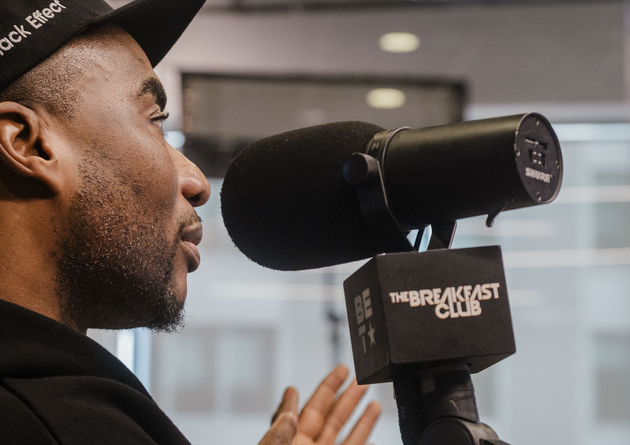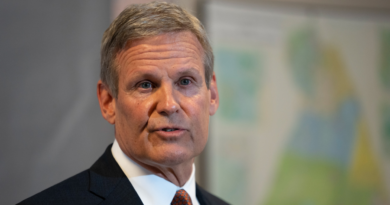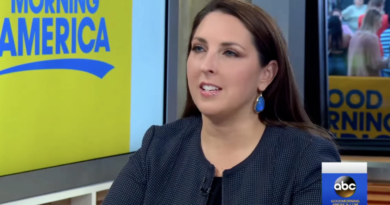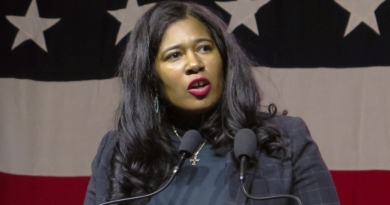Trouble with tha God
Born Lenard (pronounced leh-NARD) Larry McKelvey, Charlamagne’s signature interview style keeps his subjects off balance. He pummels them with direct and — at times — piercing questions that can be uncomfortably personal. He’s not afraid to call out an interviewee for not knowing something he feels should be common knowledge for someone speaking to a largely Black audience.
One example was
exposing Education Secretary Miguel Cardona a few years ago for not knowing about the weekslong student protests at the historically Black Howard University over living conditions on the campus.
It’s effective. The show has produced countless viral moments over the years, with one of its earliest scores being a 2013 interview with rapper and fashion mogul Kanye West. Charlamagne opened the conversation by referring to him as “Kanye Kardashian,” then in unrelenting fashion, proceeded to rip him over his “Yeezus” album and relationship with the fashion industry. (A decade later, the rapper, who now goes by Ye, saw a slew of business partnerships severed after a series of offensive and antisemitic remarks.)
He drew widespread praise for the Kanye interview. But other segments even Charlamagne now cringes at. He admits some bits crossed a line, like when he inserted himself into the tiff between 50 Cent and Floyd Mayweather. At the time, the rapper called into question the boxer’s ability to read. Charlamagne, against the urging of his co-hosts,
played unedited recordings of Mayweather struggling to record 10-second ad spots for the show.
Reflecting on that period, the media personality told POLITICO he was chasing ratings in those early days, but soon learned that lines are easy to cross. The Mayweather moment in particular triggered many in his audience who struggled with literacy. Other critics took issue with him seeming to perpetuate stereotypes about Black people. The pushback laid the groundwork for a course correction — with the show shifting away from shock jock material and more toward politics and accountability. In particular, Charlamagne grew obsessed with calling elected officials to task for policies that allowed disparities in communities of color to continue unabated.
“He’s able to see through a lot of the brokenness that politics has created, but he is also able to understand a measure of redemptive value when people take it seriously and when people get it right,” said Democrat Maryland Gov. Wes Moore, who is expected to be a top surrogate for Biden during his reelection.
Rising political influence
Charlamagne’s breakout moment as a political influencer came during the contentious and drawn-out 2016 Democratic primary campaign between Hillary Clinton and Bernie Sanders. Each sought to heavily court Black voters, and both candidates made multiple appearances on the show throughout the campaign season. This provided the perfect opportunity to lean into politics with more regularity.
Clinton’s stop in April that year created a viral moment with the former secretary of state alluding that she, just like Beyoncé,
always has hot sauce in her bag (a riff off Queen Bey’s lyrics from the song “Formation”).
A politician willing to talk with a majority Black audience — especially if they can pull off attempts at code switching without seeming to pander — can produce shareable internet moments that can amplify a campaign.
To be clear, Clinton’s comments were not that. While she ultimately would overwhelmingly secure the Black vote in the primary and general election — and though her campaign protested at the time, noting that she really did like hot sauce — the moment was seen by many as textbook political inauthenticity.
But like many moments with Charlamagne at the center, it became embedded in the cultural fabric of today’s politics.




